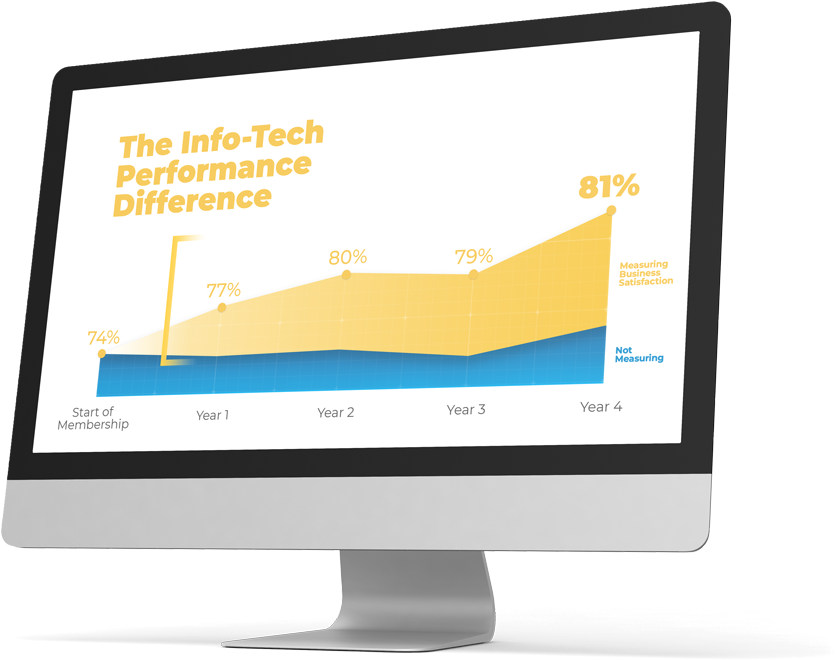
McKinsey is looking for people who are interested in joining it. Here are some details about how to apply to McKinsey's Summer program, including the interview process and how to prepare. Find out how to apply and more information if your post-doc, MD Student, or PhD is interested in the program.
Recruiting process
The McKinsey recruitment process is one of the most rigorous in the corporate world. Over 200K candidates are applying. The process works to reduce that number to just a few selected candidates. This program is very competitive, with an acceptance rate just 1%. There are many stages to this process. These include the McKinsey Probl Solving Test and application screening. Management Consulted offers guides to assist you in preparing for the test.
There are several steps involved in the process of recruiting. These vary depending on whether you are an undergraduate or graduate candidate. While both types of candidates will experience the same recruitment process, there is one thing that is different about each stage. First, choose which office you'd like to attend.

Interview process
Four parts comprise the McKinsey graduate interview. The interview process begins with a two-hour interview. It focuses on a case study and personal experience questions. Successful applicants will be invited for the second round after the first round. This involves a case study as well as an advanced problem-solving exam.
After you have completed the application, it is time to submit it. Be sure to update your resume with relevant work experience. The earlier you submit your resume, the better. It is also a good idea that you double-check everything before sending it.
Requirements
McKinsey & Company offers a number of positions in their consulting department, including associates, business analysts, and consultants. Each of these positions requires the ability to apply expertise in a particular field to help companies succeed. A relevant degree is necessary to be eligible for this position.
McKinsey looks for candidates with unique problem-solving skills and intellectual horsepower. A PhD, JD or MD is usually a well-qualified candidate. The company also values intellectual curiosity, expertise in specific industries, and leadership skills. Although a PhD may not be required to become a consultant, it can give them an advantage in the eyes of clients.

Summer program
A McKinsey intern is for you if your current degree program includes a master's or doctoral program. This program allows students to collaborate with McKinsey staff to solve client problems. Associates and analysts are both available to students. All students in North America are eligible to apply.
This program is extremely competitive but will give you an advantage when applying to full-time jobs. Most cases will guarantee you a first interview for a fulltime position after the completion of this program. Apply by March 11, 2022.
FAQ
What should I expect from my consultant
Once you select your consultant, you should expect to hear back from them within a few days. They will request information about your company including its mission and goals, products, services, budget, and other pertinent details. Next, they'll provide a proposal describing the scope and estimated time frame, fees, deliverables or milestones, as well as an estimate of costs.
If everything is in order, then the parties will enter into a written contract. The type of relationship between them (e.g. employer-employee or employer-independent contractor) will determine the terms of the contract.
If all goes well, the consultant will start working immediately. You will have access both to your documents and internal resources and the consultant's skills and knowledge.
However, don't assume that just because someone is a consultant that s/he knows everything. It takes time and practice to become an expert on any subject you consult. So, don't expect your consultant to know everything about your business.
What type of contracts are available to consultants?
When consultants are hired, they sign standard employment agreements. These agreements detail the length of the consultant's contract with the client, the amount he/she is paid, and other important details.
Contracts will also outline the areas of expertise and compensation for the consultant. For example, the agreement may say that the consultant will provide training sessions, workshops, webinars, seminars, etc.
Other times, the consultant simply agrees to complete specific tasks within a specified timeframe.
Many consultants also sign independent contractor agreement in addition and standard employment agreements. These agreements allow the consultant to work independently but still receive payment for his/her efforts.
Do I really need legal advice?
Yes! Yes! Many consultants create contracts without consulting clients. However, this can lead to problems down the road. What happens if the client cancels the agreement prior to the consultant's completion? Or what happens if a consultant fails to meet the deadlines in the contract?
Avoid potential legal problems by consulting a lawyer.
What jobs are available as consultants?
A job as a consultant requires you to have an excellent understanding of business strategy and operations. You need to be able to comprehend how businesses function and how they fit in with society.
A career as a consultant requires you have great communication skills and a strong ability to think critically.
Consultants must be adaptable because they may be asked to do different tasks at different times. They should be able change direction quickly, if required.
They should be prepared to travel extensively in support of their clients. They may be required to travel all over the globe for this type of work.
They must also be able handle stress and pressure well. Consultants might sometimes have to meet tight deadlines.
Consultants are often expected to work long hours. This means that you may not always get paid overtime rates.
What is the difference of a consultant versus an advisor?
An advisor is someone who provides information about a subject. A consultant offers solutions to problems.
Consultants work directly for clients to help achieve their goals. An advisor advises clients indirectly through books, magazines, lectures, seminars, etc.
Statistics
- On average, your program increases the sales team's performance by 33%. (consultingsuccess.com)
- So, if you help your clients increase their sales by 33%, then use a word like “revolution” instead of “increase.” (consultingsuccess.com)
- According to IBISWorld, revenues in the consulting industry will exceed $261 billion in 2020. (nerdwallet.com)
- WHY choose me: Why your ideal client should choose you (ex: 10 years of experience and 6-week program has helped over 20 clients boost their sales by an average of 33% in 6 months). (consultingsuccess.com)
- 67% of consultants start their consulting businesses after quitting their jobs, while 33% start while they're still at their jobs. (consultingsuccess.com)
External Links
How To
How can I start an advisory business with no money?
Start your own consultancy company with a simple and efficient method - no capital investment required!
You'll learn how you can make money online, increase your skills, earn more cash and be successful.
I'll share my secrets for generating traffic on demand, particularly when people search for something specific.
This method is called 'Targeted Traffic'. This method was designed specifically for you to do this...
-
You should choose the niche you wish to work in.
-
For solutions on Google, it is important to research the keywords that people use.
-
These keywords can be used in content.
-
Post your articles on article directories.
-
Social media platforms can be used to promote your articles.
-
Establish relationships with experts and influencers in your niche.
-
Get featured on these sites and blogs.
-
Sending emails can help you grow your email list.
-
Make money.